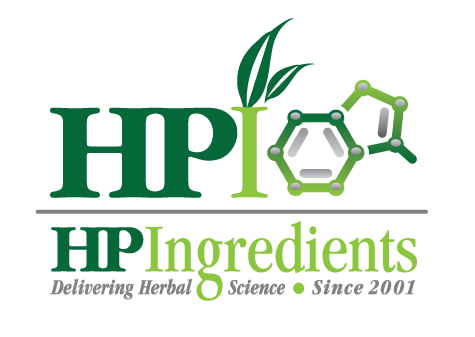Sustainability.
It’s a word that seems to be ubiquitous now – and some ponder if it’s just a fresh marketing buzzword that is the new “natural” or “organic.”
It is a real concept that everyone can easily get involved with. It generates empathy, goodwill and positive contributions. Consumers are embracing the proactivity by supporting companies that also actively engage in preserving earth’s natural resources, lessening carbon footprints, and recycling, all to ensure that the health of the earth and all its resources – including people – are sustained for future generations.
According to Trendhunter’s Ellen Smith in her blog, “From Sustainable Corporate Initiatives to Gen Z Experiences,” (January 18, 2020), 2019 “saw an influx in corporate sustainability initiatives, with brands from all industries adhering to consumer demands for eco-friendly alternatives and practices. Examples of this include McCormick’s plan to use only recyclable plastic by 2025, and the Better McDonald’s initiative, in which the fast food brand opts to use wooden materials.”
HP Ingredients has always prioritized sustainability since its inception in 2001. Recognizing that people really do make such a difference in our world, personally and professionally, our CEO and founder, Annie Eng, set about to bring natural ingredients with scientific evidence of safety and efficacy to people worldwide to help them live their best lives.
In doing so, part of the mission we developed at HP Ingredients is to also support indigenous people whose knowledge and lifestyles allow others around the globe to benefit from the raw materials they cultivate. Therefore, HP Ingredients is committed to the health and sustainability of indigenous peoples.
LJ100® Tongkat ali is one great example; this ingredient is becoming more popular for men’s health and immune supplements, as well as for sports nutrition, healthy aging products.
Tongkat ali roots are best sourced from the wild. Various planting trials have shown that the species does not grow well under field planting conditions and was uneconomical due to high establishment cost and low root price after harvesting. However, integration of Tongkat ali with various forest species and subsequent wildcrafting has proven advantageous, yielding higher quality and more sustainable Tongkat ali.
According to FAO, increasing numbers of medicinal plant species are becoming threatened or endangered due to irresponsible collection from the wild. In line with GACP principles on sustainability, Tongkat ali replanting allows the plants to regenerate as they are being collected – this is the epitome or definition of “sustainability.” In this way, the long-term availability of the plant species is ensured, the medicinal plant collectors have a regular source of income and the herbal industry has a long-term supply of Tongkat ali.
We work closely with the government of Malaysia to prevent exploitation of the Orang Asli by requiring a license to harvest the herb, and only the Orang Asli are allowed to collect Tongkat ali in the rainforests. Further, in a concerted effort to preserve the interests of local business, we work with the Malaysian government to prevent export of the raw Tongkat ali root to other countries, especially China. Our program allows for approximately 500 Orang Asli to earn a better living by collecting wild herbs from the rainforest.
Once the Tongkat ali root material is processed, it can fetch a higher price than raw unprocessed root on the market. This is why we helped develop a post-harvest facility within the Orang Asli village to accommodate the processing of collected Tongkat ali roots by drying, grinding and packing to prepare for transport. This setting creates a mutually beneficial eco-system as the Orang Asli will be able to supply the raw material at a higher value, and benefit from a secure and steady demand; it also allows us to obtain raw materials with consistent standards — crucial to the extraction and manufacturing of LJ100®.
For LJ100® in Malaysia, we continue to support the Orang Asli communities by hiring only the Orang Asli to collect Tongkat ali from the rainforests. We, along with our esteemed partners, launched our sustainability project.
In September 2014, 1,000 Tongkat ali seedlings were distributed to the Orang Asli for replanting around their community and forested area. Our replanting program involving villagers is officially the first in Malaysia. Blessed with an abundance of bio-resources, Malaysia has one of the world’s oldest rainforests. It is also a melting pot of unique cultures comprising Malay, Chinese, Indian and indigenous traditions.
We are proud to serve the Orang Asli and to preserve their way of life and their environment while providing people throughout the world with an effective supplement that helps promote good health.


